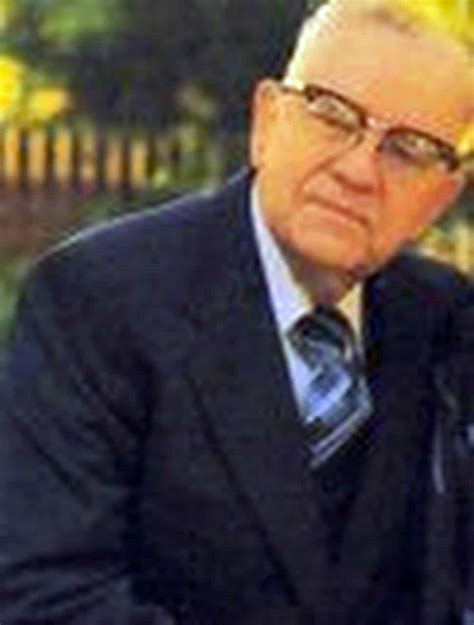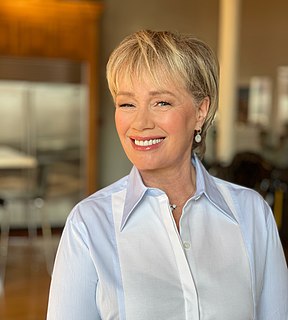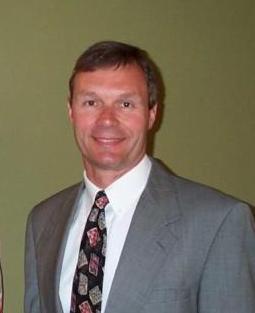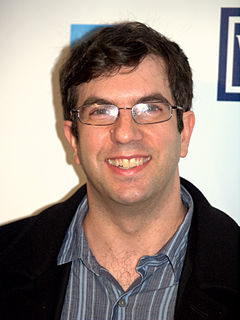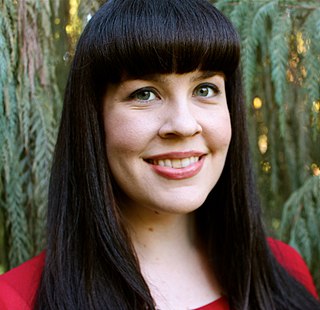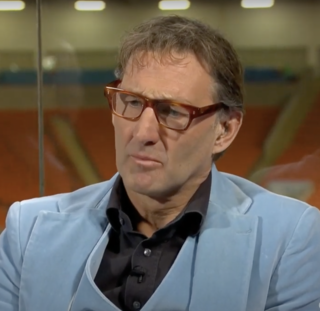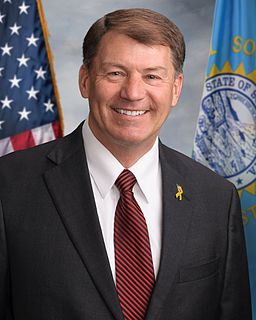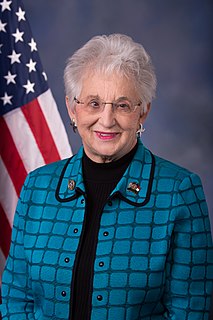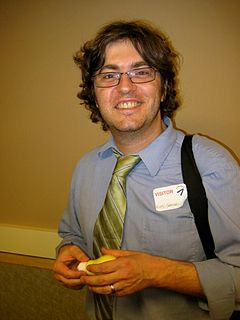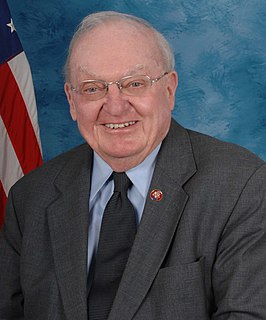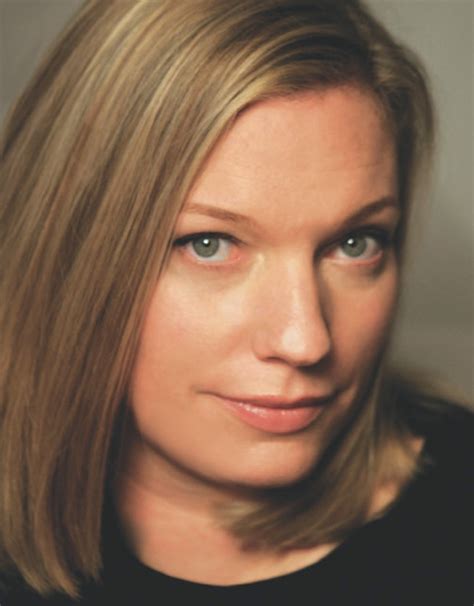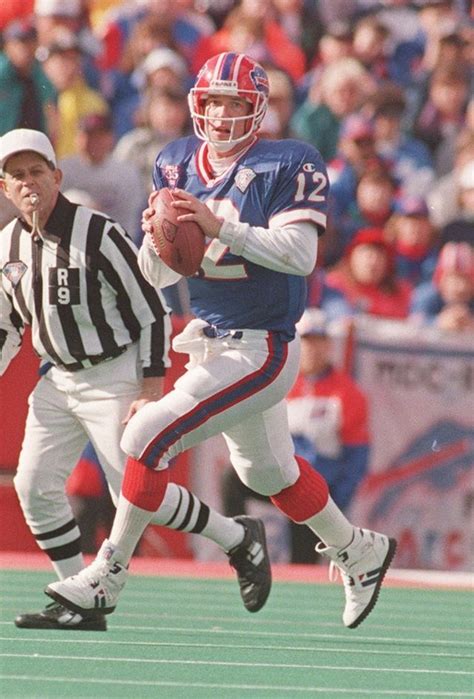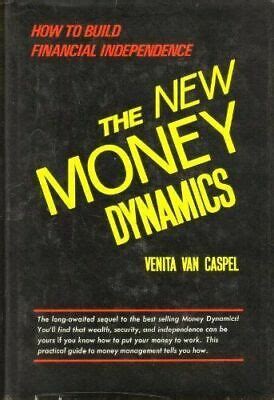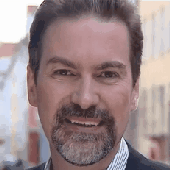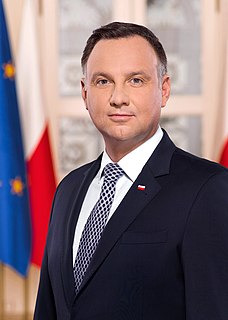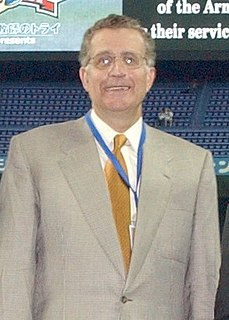Top 1200 Future Decisions Quotes & Sayings
Explore popular Future Decisions quotes.
Last updated on December 22, 2024.
Through the plan of prayer, God actually is inviting redeemed man into full partnership with Him; not in making the divine decisions, but in implementing those decisions in the affairs of humankind. Independently and of His own will, God makes the decisions governing the affairs of earth. The responsibility and authority for the enforcement and administration of those decisions, He has place upon the shoulders of the church.
History reminds us that revolutions are not events, so much that they’re processes – that for tens of thousands of years, people have been making decisions that irrevocably shaped the world that we live in today; just as today, we are making subtle, irrevocable decisions that people of the future will remember as revolutions.
Ultimately, we are all products of the experiences we have and the decisions we make as children, and it remains a peculiar detail of human condition that something as precious as the future is entrusted to us when we possess so little foresight. Perhaps that's what makes hindsight so intriguing. When you're young the future is a blank canvas, but looking back you are always able to see the big picture.
If we decide rightly what to do, or use a correct procedure for making such decisions, that has to be because the decisions or the procedure rest on good reasons, and these reasons consist in the apprehension of truths about what we ought to do. Because these truths must constitute reasons for our decisions, and because in the rational order, reasons must always precede the decisions based on them, the truth conditions of claims about what we ought to cannot be reduced to, or constructed out of, decisions about what to do, or procedures for making such decisions.
Most of us think that decisions such as where shall I live, with whom shall I partner, what shall I pick as a career for my life are the most important decisions that we make. But from the point of view of the universe these decisions are not that important. Within you, you have already made decisions about who you are, what the universe is and how you will relate to other people and how you will relate to the universe and these decisions are creating consequences in your life moment by moment.
Strategic planning is the continuous process of making present entrepreneurial (risk-taking) decisions systematically and with the greatest knowledge of their futurity; organizing systematically the efforts needed to carry out these decisions; and measuring the results of these decisions against the expectations through organized, systematic feedback.
In 1977, when I started my first job at the Federal Reserve Board as a staff economist in the Division of International Finance, it was an article of faith in central banking that secrecy about monetary policy decisions was the best policy: Central banks, as a rule, did not discuss these decisions, let alone their future policy intentions.
The human condition can almost be summed up in the observation that, whereas all experiences are of the past, all decisions are about the future. It is the great task of human knowledge to bridge this gap and to find those patterns in the past which can be projected into the future as realistic images.
I want to have all that scientific information that we're building be used in designing the future so that people who make geographic decisions - and here it's not just land-use planners, but it's everyone: foresters, transportation engineers, people who buy a house - can analyze all of these information layers and design a future.
I talk to a lot of women who have difficult times who are suffering. I really want women to be encouraged and to have hope because things can get better. Make good decisions, stop making bad ones, because we have to take responsibility too. But make good decisions and really the future will be a lot better for your kids - and yourself.
Writing a novel, when it's all going well, it's wonderful. You're lost in the world, and you have a relationship with your own mind. Also, as a novelist, you don't have to yell at anyone. But being an executive producer of a TV show, all you have is people coming at you with questions, and you're making decisions, decisions, decisions.
Decision-making is difficult because, by its nature, it involves uncertainty. If there was no uncertainty, decisions would be easy! The uncertainty exists because we don't know the future, we don't know if the decision we make will lead to the best possible outcome. Cognitive science has taught us that relying on our gut or intuition often leads to bad decisions, particularly in cases where statistical information is available. Our guts and our brains didn't evolve to deal with probabilistic thinking.
The decisions you make today matter. Every decision points your life in the direction you are about to travel. No decision is an isolated choice. It’s a chain of events. If you choose wisely, your future will reflect that. But if you don’t choose wisely, the decisions you make now will take you to places you don’t want to be later.
No one "discovers" the future. The future is not a discovery. The future is not a destiny. The future is a decision, an intervention. Do nothing and we drift fatalistically into a future not driven by technology alone, but by other people's need, greed, and creed. The future is not some dim and distant region out there in time. The future is a reality that is coming to pass with each passing day, with each passing decision.
The way to make better decisions is to make more of them. Then make sure you learn from each one, including those that don't seem to work out in the short term: they will provide valuable distinctions to make better evaluations and therefore decisions in the future. Realize that decision making, like any skill you focus on improving, gets better the more often you do it.
Nature consists of facts and of regularities, and is in itself neither moral nor immoral. It is we who impose our standards upon nature, and who in this way introduce morals into the natural world, in spite the fact that we are part of this world. We are products of nature, but nature has made us together with our power of altering the world, of foreseeing and of planning for the future, and of making far-reaching decisions for which we are morally responsible. Yet, responsibility, decisions, enter the world of nature only with us
The human experience can almost be summed up in the observation that, whereas all decisions are of the past, all decisions are about the future. The image of the future, therefore, is the key to all choice-oriented behavior. The character and quality of the images of the future which prevail in a society is therefore the most important clue to its overall dynamics.
We spend our whole lives worrying about the future, planning for the future, trying to predict the future, as if figuring it out will cushion the blow. But the future is always changing. The future is the home of our deepest fears and wildest hopes. But one thing is certain when it finally reveals itself. The future is never the way we imagined it.
